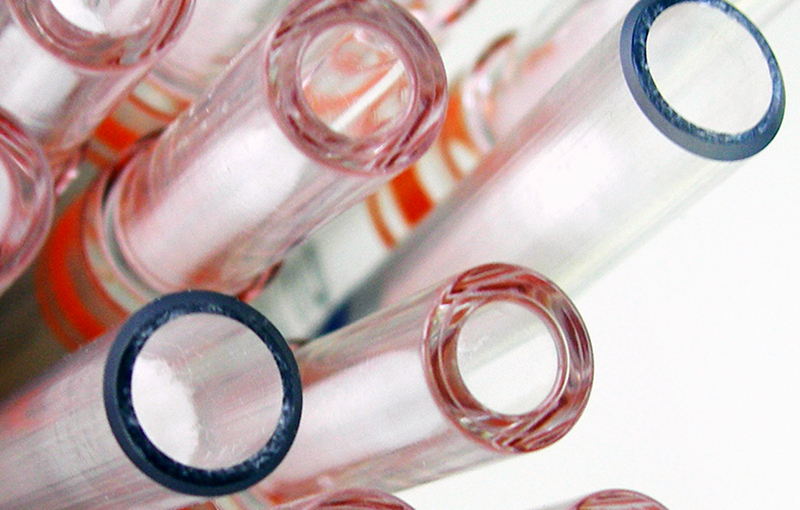Managing IP during COVID-19
Technology TransferLike so many colleagues in intellectual property (IP) management at universities across the world we at Cambridge Enterprise find ourselves working with a hugely creative community that wants to do everything it can to help with the COVID-19 crisis.
It is astonishing and heartening to see the ingenuity, skill and commitment that so many at the University are contributing to rapid PPE manufacture, ventilator design, new testing kit and potential therapies and vaccines.
All of this work potentially generates huge quantities of IP. We at Cambridge Enterprise are keen to play our part in ensuring that access to IP that may be useful in combating any aspect of the COVID-19 crisis is readily accessible to anyone who needs it as they make their contribution to the global endeavour.
Our most important challenge is to actively facilitate access as effectively as possible. We must also safeguard ourselves and the University from the unscrupulous and reflect, in our actions, the University’s obligations to all of its stakeholders: society, academics, funders, government, employees and students.
In the situation in which we find ourselves, offering free access to all COVID-19-related IP and not make new IP filings on COVID-19-related IP is an obvious option. That might feel good and seem to be easy to do. However, reality is more complicated.
When is IP related to COVID-19 and when is it not? Who should determine that? What about IP with multiple applications? Should we sacrifice non-COVID-19 opportunities as the simplistic way to fulfil such a strategy? We think not.
After much thought, we have chosen not to take new IP positions that are solely related to COVID-19. When one of our principal investigators came to us seeking IP protection for an idea that might save lives, we advised them to publish their work as soon as possible so that everyone had free access.
Where IP pre-exists or has multiple applications, we will support IP protection but offer free non-exclusive licences for use in fighting COVID-19. We have recently done this with a novel drug delivery technology that could have utility in other unrelated settings.
It is our view that a sophisticated approach—driven by speed and the moral imperative—will ensure the University of Cambridge can play its part in the COVID-19 crisis most effectively without the risk and expense of riding roughshod over stakeholders, individuals and other opportunities.
Collateral damage is not necessary nor is it acceptable.
Tags: COVID-19, intellectual property, IP











